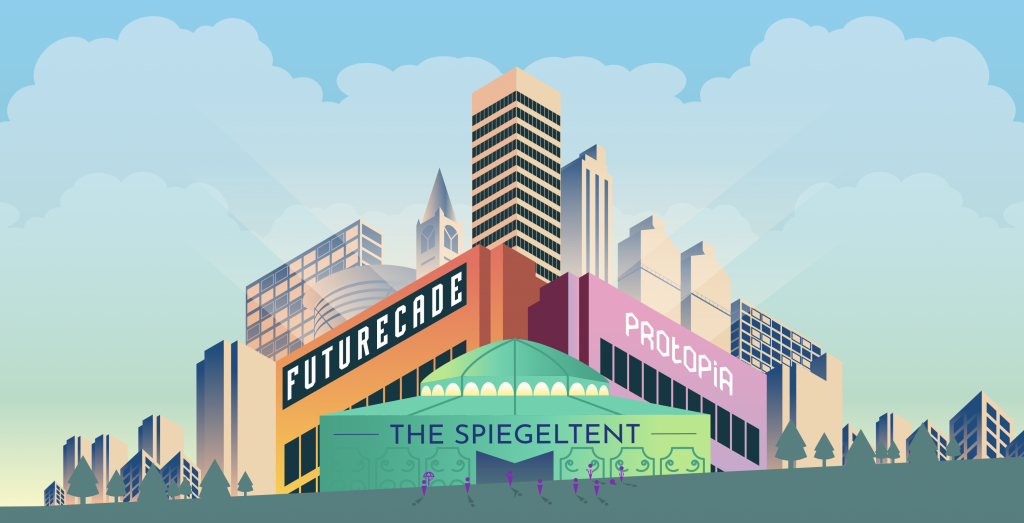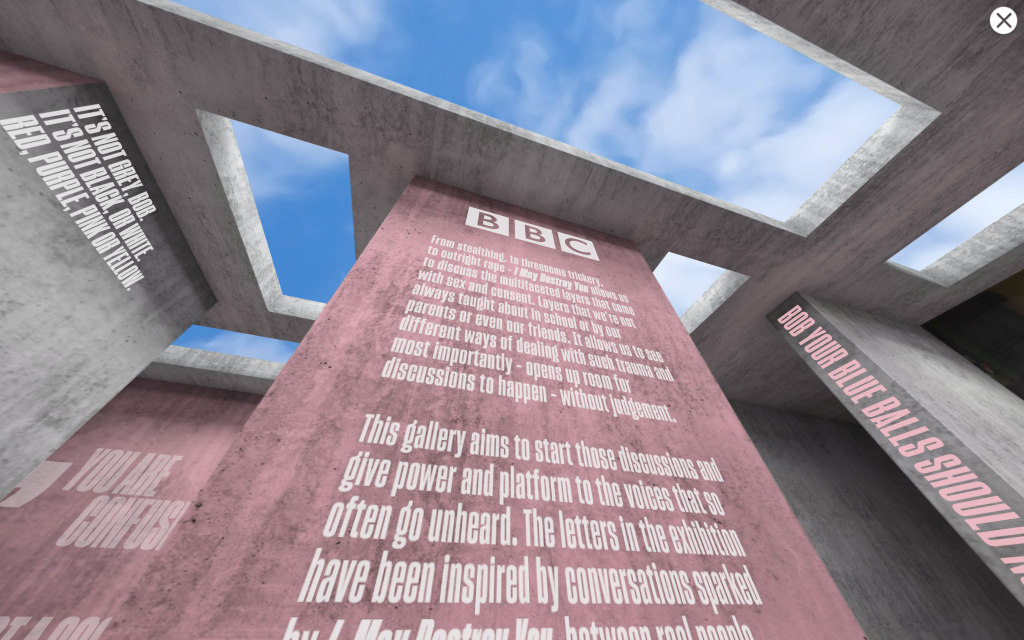If the past year has shown us anything good, it’s that when faced with events unprecedented in our lifetimes, the overwhelming desire from most people has been to support one another in whatever ways they can. Here in Sheffield we’ve witnessed many examples of local communities and citizens going out of their way to help their families, friends and neighbours through this tumultuous and difficult time. The selflessness and strength displayed by countless others has been a real inspiration to keep on keeping on.
How we adapted as an agency
Like thousands of companies, Joi Polloi had to move quickly to 100% remote working. Despite being a digital agency this wasn’t without its challenges and obstacles. On the fortunate side, all of our systems are cloud-based and enabled everyone to access the files and services they needed so long as they had a secure internet connection. There were logistical challenges in ensuring we all had the correct hardware and working environments set up at home. All of this happened incredibly quickly and looking back to those tentative days in late March feels like looking back on a different time entirely. How long would we be working in this way? What do people need to do their jobs? How do they feel about working like this?
What quickly became clear, and what has proved to be one of the most difficult things to deal with, is that face-to-face contact and human interaction is vital to how we function – as people and colleagues. We did our best to replicate these very human needs virtually, with daily video calls for the whole agency, regular team catch ups, and maintaining open and transparent communication across the company. When removed from the mode of social interaction we took for granted it was surprisingly easy to feel disconnected in a way which seemed to place too much pressure and responsibility on individual shoulders.
Human beings have an astonishing ability to adapt to circumstances and we all now behave in ways that no longer seem novel or unusual and yet would have been hard to envisage less than a year ago. It is in the spirit of mutual respect and support that we’ve been able to keep our team going and continue to deliver work for our clients. A healthy dose of perspective has also been useful when the vagaries of the new world have felt too much at times.
We’ve continued to be available for our clients and colleagues as much as possible and during the last few months we’ve had a frenetic time of planning, pitching and delivering work. We have deepened relationships with existing clients and created connections with new ones.
Moving offline things online
One of the biggest challenges that has faced venues, live events and festivals this year is how to continue, in some form, when physical spaces are no longer an option?
Early in the pandemic we were commissioned by the University of Sheffield to create an online space for their biennial Festival of the Mind – with the aim of not just delivering generic online event functionality, but to bring alive the unique atmosphere, experience and excitement that the festival normally creates.
We responded by developing a ‘virtual events’ platform which was able to host all of their live events, Q&A sessions and a variety of interactive content, in a visually rich and engaging way. By creating a platform that was designed with configurability in mind, it meant we could easily adapt it for two of their other festivals in a short space of time.

We’ve gone on to take what we learnt from these projects to build the Joi VX platform – a virtual events system with a focus on making the experience of attending an event an experience in itself. Expect to hear a lot more about this in 2021…
Museums and culture
Despite the challenges faced by the sector after multiple lockdowns and ongoing restrictions to physical visits, we’ve managed to work on several really interesting projects for museums and galleries to help them during Covid and prepare for a return to welcoming visitors.
For OnFife we developed a series of walking tours, which use mobile web-apps and geolocation to guide visitors around a set of themed outdoor routes. Ranging from history to pop music, these have proven popular while tourism has been forced to remain a strictly outdoor affair.
We’ve also worked with Glasgow Science Centre to deliver multiple interactive digital exhibits across three exhibitions, collaborating with physical fabricators to create new exhibits which will educate and delight visitors once they begin to return to the physical spaces.
Spanning material science, space and health these installations seamlessly combine physical and screen-based interactivity.
For example, Team Snake which integrates physical controls and gameplay to challenge players to either work as a team, or work physically hard!
We’ve also continued our ongoing relationships with museums including the Science Museum in London, Museums Sheffield, and Eyam Museum (who know a thing or two about surviving infectious diseases) to help keep development of their kiosks and websites going during 2020.
Digital interactive content for television
As well as our ongoing work to keep websites such as Channel 4 News, The Great British Bake Off and 4Sales up and running, we produced new digital work for three true icons of British TV.
I May Destroy You was one of the year’s biggest new shows, tackling difficult issues in a distinctive and stylised way. BBC Creative produced a series of digital works in response to fan reactions and comments. We collaborated with them to produce an interactive 360° experience Dear Bob… which presented some of these reactions in a fantasy gallery environment, using 3D-rendered visuals and spatial video clips.

The Rap Game UK returned to BBC3, and wanted to encourage up and coming rappers from across the UK to submit videos of their performances to a highly stylised map of the UK, showcasing the diverse breadth of talent across the country. Over a hundred performances were submitted to the map, and the show was one of the pillars of the autumn schedule on iPlayer.
Countryfile is a fixture of Sunday night TV and is one of the longest running and highest rated shows on BBC1. This autumn they launched the Plant Britain campaign to encourage the great British public to get planting – trees, flowers or seeds. We developed an interactive 3D map which allows viewers to submit their plantings – and display the nationwide totals. This not only creates a sense of progression towards an overall target, but allows different regions to compare themselves against others. We developed and built the microsite in record time, working closely with the production team to coordinate with filming schedules so footage of the site in use could be incorporated into the programme. The microsite was designed to be resilient against large amounts of traffic when calls to action went out on BBC1, and received submissions for over 60,000 plants within the first hour – a great start to the two year campaign.
R&D and innovation
Keeping ahead of trends and technical innovation has continued to be important to us this year. We were awarded funding from XR Stories to develop proofs of concept for two innovative strands of work: ChangeMaker, a platform for teaching young people about how they can improve the world; and AI FanAlong – an exploration of how AI-powered voice-bots can extend storyworlds for kids programmes. We’ve brought together some brilliant partners to deliver this research, including universities of York, Huddersfield, and BBC Children’s. Expect to hear more about the outcomes of this in 2021!
We also worked on a pilot for a new TV format, integrating touch-screens into the studio set with a game engine running behind the scenes. We can’t say too much about this one right now, but it allowed us to draw on our past experience both of working in a TV production environment and designing touchscreens and game engines.
Another innovative project was a collaboration with Warner Music and ViacomCBS developing a prototype Virtual Talent Contest as part of the IBC accelerator programme. We collaborated with Never.no and Grabyo to test out workflows which use AI to moderate submissions, and developing an algorithmic model for a more fair talent content. The results were demoed at IBC, the world’s most influential media, entertainment and technology show, which was held online this year.
2021 and beyond
We’ve proven in 2020 that we can adapt, survive and thrive as a team, delivering exciting and innovative digital projects for our clients despite the uncertainty that enveloped the world. We owe a massive THANK YOU to all our clients, staff and suppliers who have helped us get through the year.
If you want to keep up with what we’re doing in 2021, you can follow us on Twitter, Instagram or LinkedIn, or sign up to our occasional email newsletter below.
If you have an idea we can help you with in 2021, we are always happy to chat (heck, maybe we’ll even get to meet face to face). Please drop us a line on info@joipolloi.com
Merry Christmas, and a happy new year.